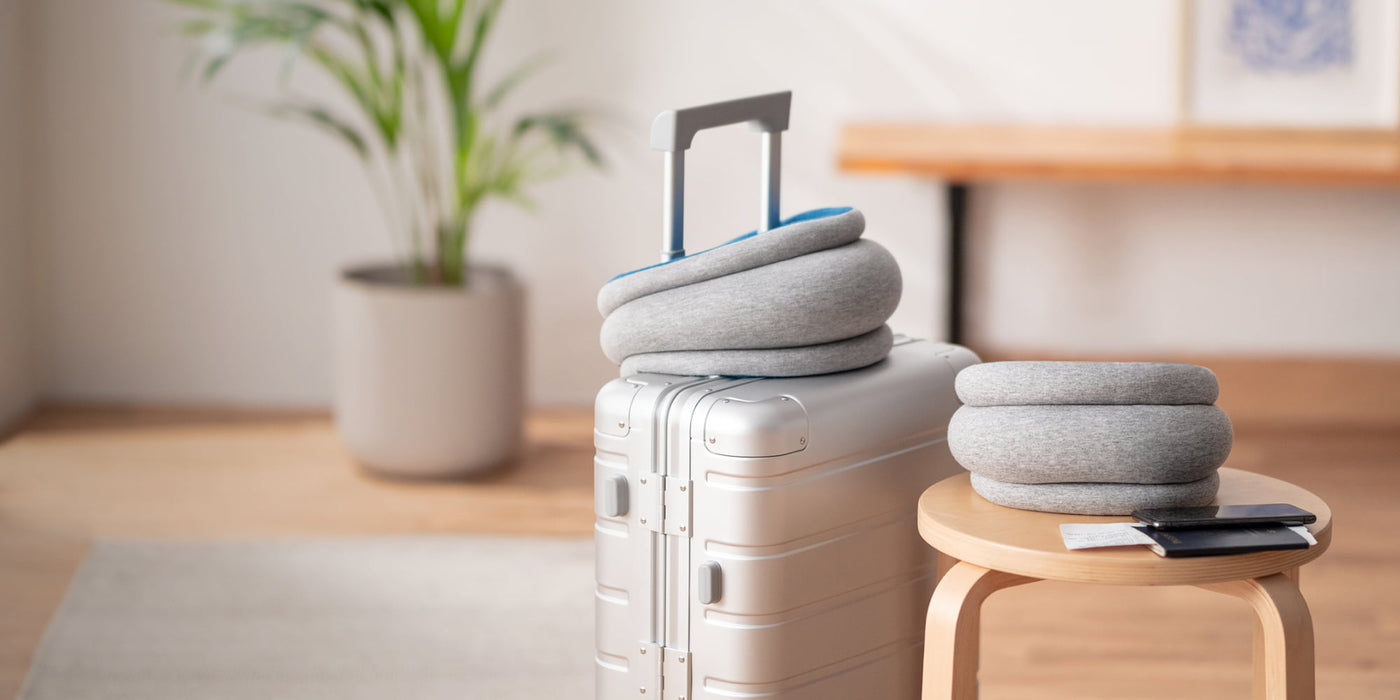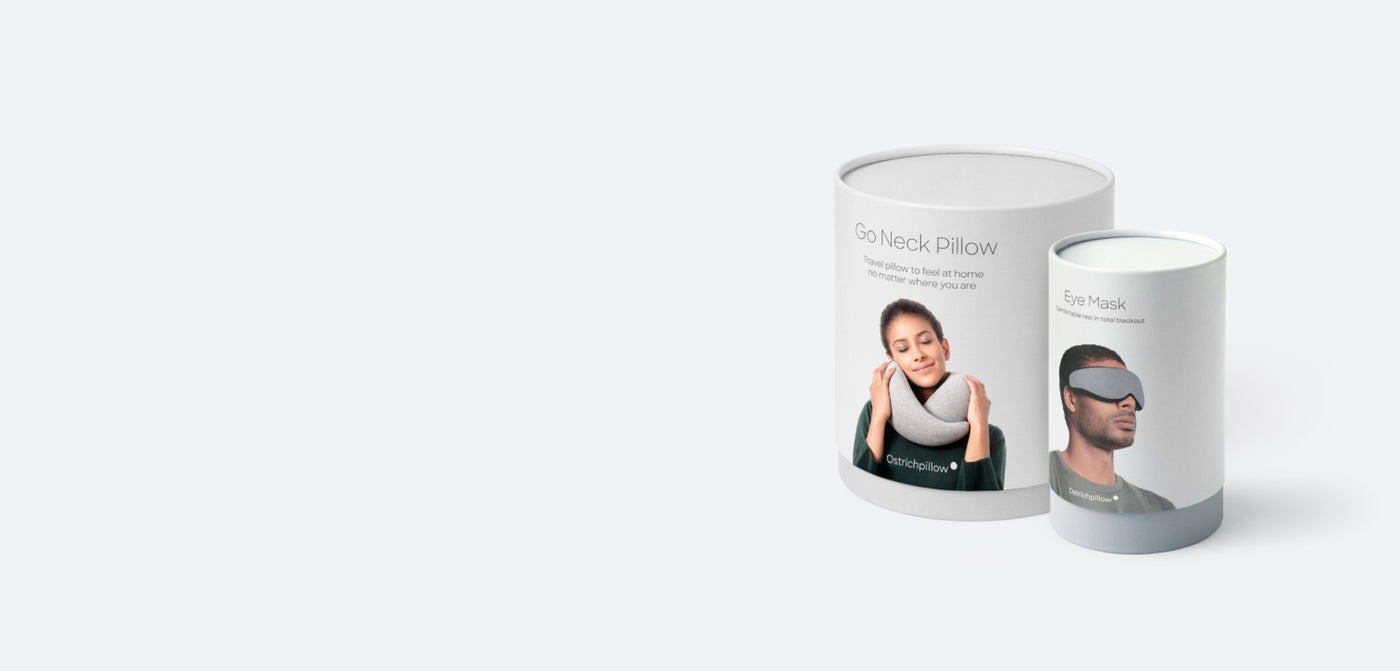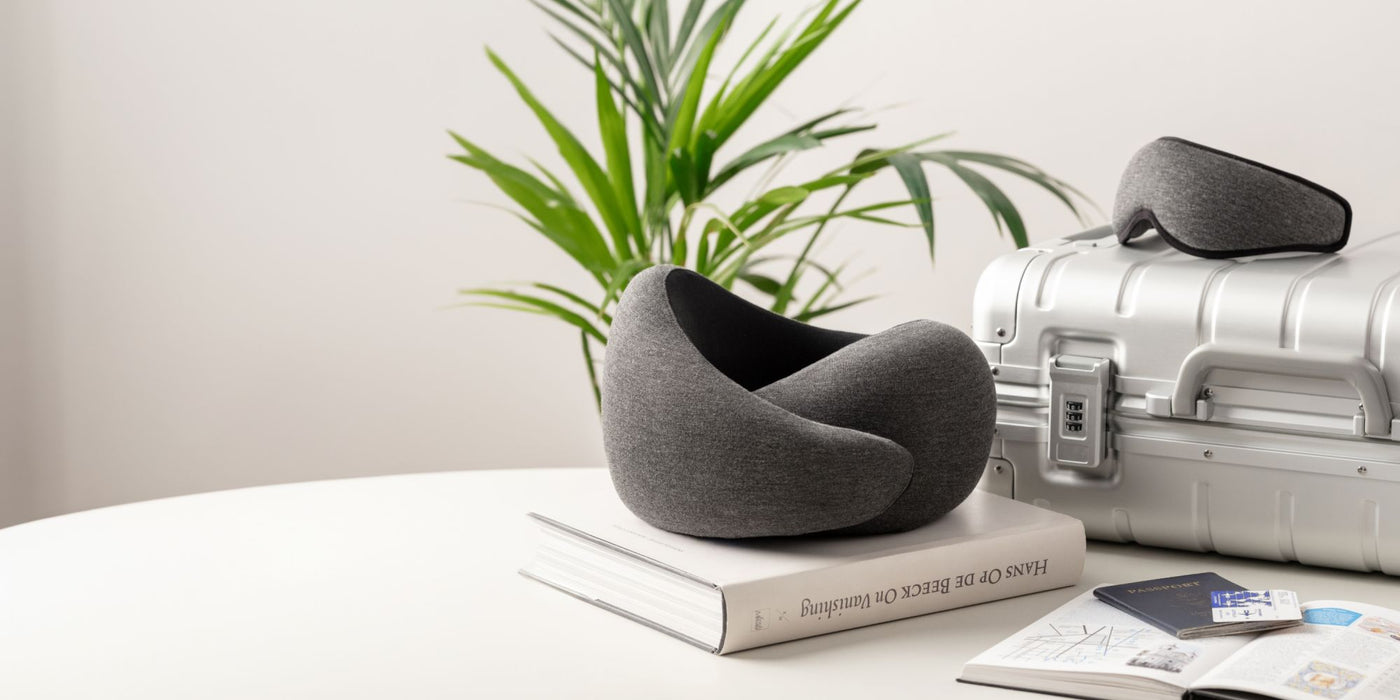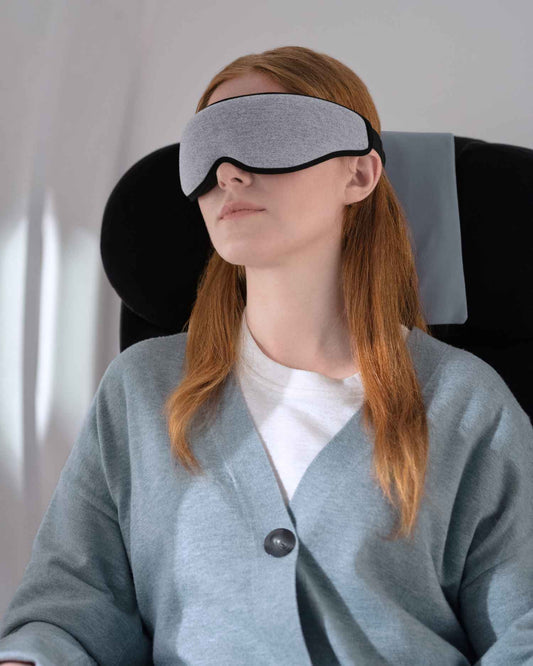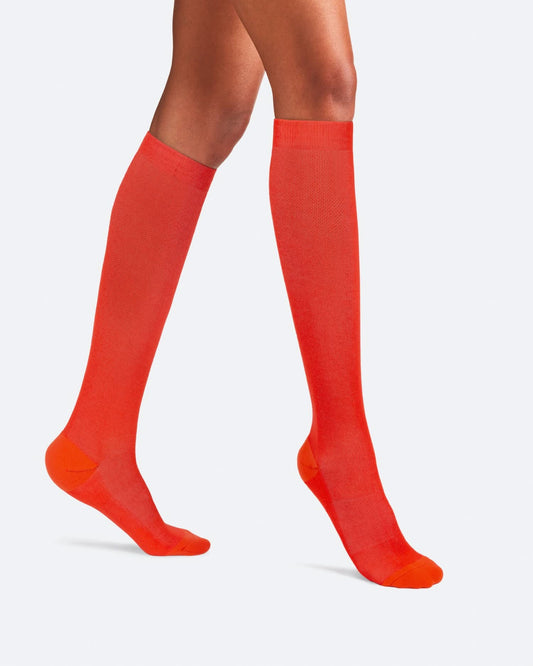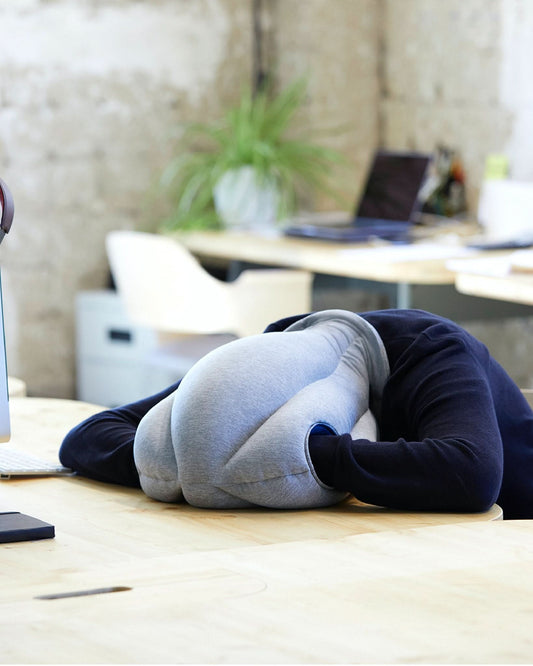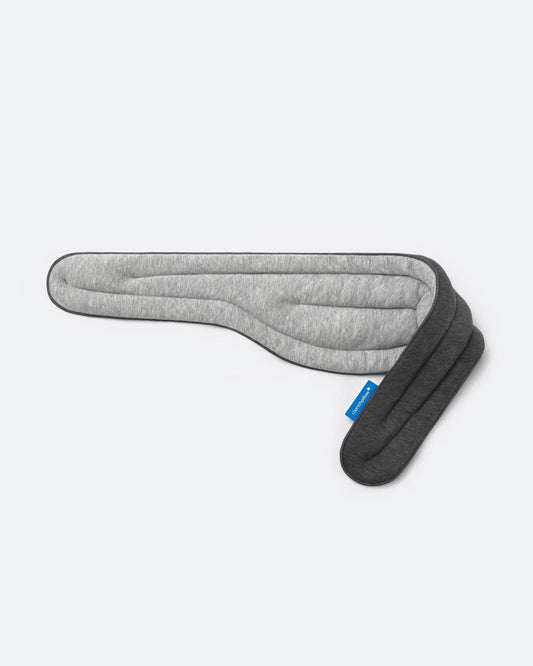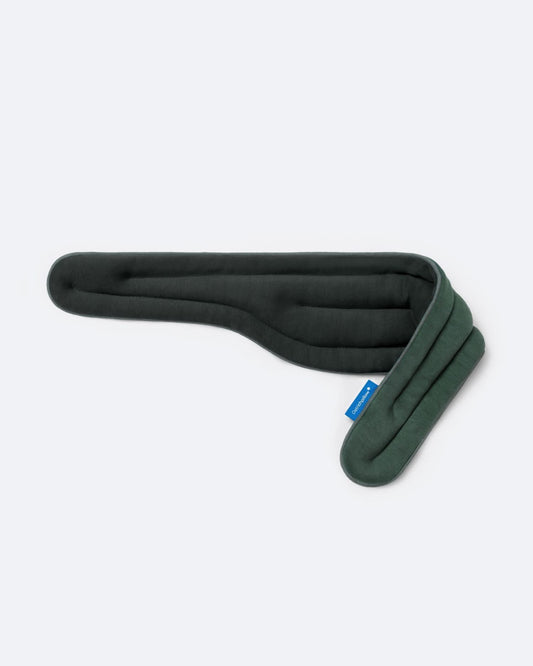
I usually start my day with a list—many, in fact. Each is categorized by clients, projects, due dates. (I’m a creative professional, you see.) My eyes flicker across a near-infinite scroll of deliverables. Mostly, I take on the work willingly and pride myself on cultivating a professional life rooted in intention, creativity, and slowness. But sometimes, I can’t shake the feeling that I’ve bitten off more than I can chew.
Maybe if I close my eyes and take a deep breath, a feeling of calm will wash over the mounting anxiety. Having routines I can rely on often help. Should I light a candle? Throw on a heated neck wrap for extra comfort? I’ve found I can set the conditions for achievement by creating an aesthetic environment that stimulates my senses (but doesn’t distract me too much from the task at hand).
Or, as my partner lovingly suggests: “You could also just take a little break.”

I like to think about creativity through the lens of time: it’s a convergence of past, present, and potential. That thrum of possibility inspires me to keep going, despite the drain of recent global events. That said, being a creative person requires energy, and replenishing that spark is not always as straightforward as I would hope.
Certain seasons prescribe rest as an antidote to the demands of modern life. Summer is a checkpoint and lends itself well to this idea: vacations, social gatherings, good weather. It’s a break in the year and a break in convention: the sun is out, log off, mix it up. Lately, though, I find myself peeling back the layers of how to “properly” rest during this period.
Seasonal expectations aside, I’ve always liked the multiplicity of “rest,” often using it in various contexts like:
“Rest assured, things will get better.”
“The rest of my summer plans are TBD.”
“I hope you have a restful weekend.”
Perhaps what I’ve needed more than anything else is to detach rest from its counterparts—to let it stand on its own, dissect it, and reflect on what it means in the context of my own life. This is what I’ve come up with so far:

- Recalibration is a form of rest. Creative work can flourish in subtle ways—it comes down to how we’re paying attention just as much as what we’re paying attention to. Often what feels the most urgent on my to-do list is the thing I cannot bring myself to start. The paralysis can be daunting, but instead of forcing pen to paper, I give myself space to recalibrate and allow what feels the most natural to inform how I work and what I choose to tackle next.
-
Expect nothing and everything. As I step into my identity as a writer, I find that I’m somewhere between managing expectations and making the most of any opportunity to get words on the page. Unlike my other work as a content creator and consultant, writing isn’t something you can check off so quickly—and that’s a good thing! Inspiration strikes when it strikes. Until it does, I look at any “loss” of productivity as an opportunity to rest my mind and daydream.
-
Solitude is allowed. Seaside locales and road trips abroad have been in heavy rotation on my social feeds. Initially, I had planned to join in the travel fun, but after taking some time to listen to my mind and body, I recently decided to turn my big summer vacation into a solo staycation. (And yes, some of that time off led me to “work” on things I enjoy.) Still, it’s natural to find solace in creative projects, even when there’s an expectation to disengage entirely. In TED’s “How to Be a Better Human” series, Dr. Saundra Dalton-Smith’s post “The 7 types of rest that every person needs” captures this idea well. “Allowing yourself to take in the beauty of the outdoors—even if it’s at a local park or in your backyard—provides you with creative rest,” she says. “But creative rest isn’t simply about appreciating nature; it also includes enjoying the arts. Turn your workspace into a place of inspiration by displaying images of places you love and works of art that speak to you.” I did just that: I sat quietly in my home office—stared blankly into (my book-filled) space, listened to the hum of city life outside the window—alone.
- Take it moment by moment. Over the years, I’ve grown more comfortable with the idea of agency as a form of rest and nourishment. We give (read: sacrifice) so many things in service of our work and passions. Call it mindfulness or being in the present, the least we can do for ourselves is take the time to embrace all of life’s moments—good or bad, fast or slow.
Rachel Schwartzmann is a writer and consultant based in New York City. She is also the creator of Slow Stories, a podcast and platform that explores slowing down in our digital age. She is working on her first book, SLOW STORIES, which will be published by Chronicle Books. Learn more about her work.
Don’t let your self-care routines go stale—stay inspired!
Hear from the world’s coolest creators, makers, and entrepreneurs. Peek into their routines via their read, watch, listen list and get inspired by longer-form pieces that explore a self-care topic they’ve been pondering. Sign up to get the next edition straight to your inbox and join the Rest Revolution.















